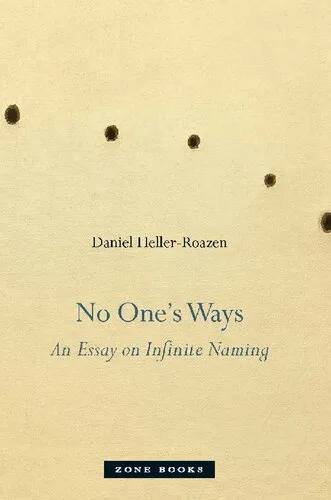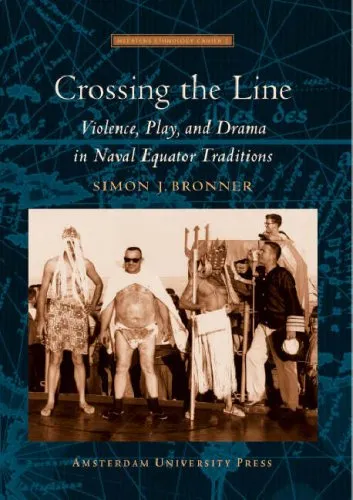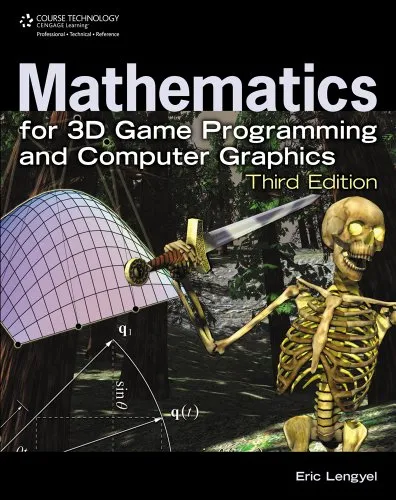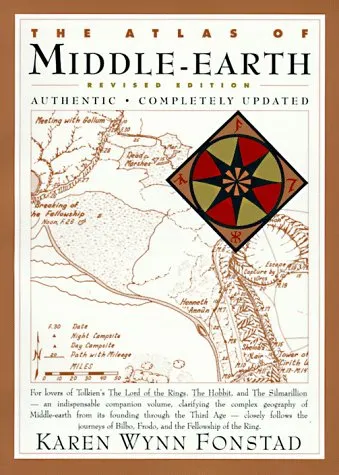No One’s Ways: An Essay on Infinite Naming (Zone Books)
4.8
بر اساس نظر کاربران

شما میتونید سوالاتتون در باره کتاب رو از هوش مصنوعیش بعد از ورود بپرسید
هر دانلود یا پرسش از هوش مصنوعی 2 امتیاز لازم دارد، برای بدست آوردن امتیاز رایگان، به صفحه ی راهنمای امتیازات سر بزنید و یک سری کار ارزشمند انجام بدینکتاب های مرتبط:
Homer recounts how, trapped inside a monster's cave, with nothing but his wits, Ulysses once saved himself by twisting his name. He called himself Outis: "No One" or "Non-One," "No Man" or "Non-Man." The ploy was a success. He blinded his barbaric host and eluded him, becoming anonymous, for a while, even as he bore a name. Philosophers never forgot the lesson that the ancient hero taught. From Aristotle and his commentators in Greek, Arabic, Latin and more modern languages, from the masters of the medieval schools to Kant and his many successors, thinkers have exploited the possibilities of adding "non-" to the names of man. Aristotle is the first to write of "indefinite" or "infinite" names, his example being "non-man." Kant turns to such terms in his theory of the infinite judgment, illustrated by the sentence, "The soul is non-mortal." Such statements play unexpected and often major roles in the systems of Salomon Maimon, Hegel and Hermann Cohen, before being variously and profoundly reinterpreted in the twentieth century. Reconstructing the adventures of a particle in philosophy, Heller-Roazen's book shows how a grammatical possibility can be an incitement for thought. Yet it also draws a lesson from persistent examples. The philosophers' infinite names all point to one subject: us. "Non-man" or "soul," "Spirit" or "the unconditioned," we are beings who name and name ourselves, bearing witness to the fact that we are, in every sense, unnamable.
دانلود رایگان مستقیم
شما میتونید سوالاتتون در باره کتاب رو از هوش مصنوعیش بعد از ورود بپرسید
دسترسی به کتابها از طریق پلتفرمهای قانونی و کتابخانههای عمومی نه تنها از حقوق نویسندگان و ناشران حمایت میکند، بلکه به پایداری فرهنگ کتابخوانی نیز کمک میرساند. پیش از دانلود، لحظهای به بررسی این گزینهها فکر کنید.
این کتاب رو در پلتفرم های دیگه ببینید
WorldCat به شما کمک میکنه تا کتاب ها رو در کتابخانه های سراسر دنیا پیدا کنید
امتیازها، نظرات تخصصی و صحبت ها درباره کتاب را در Goodreads ببینید
کتابهای کمیاب یا دست دوم را در AbeBooks پیدا کنید و بخرید
1248
بازدید4.8
امتیاز0
نظر98%
رضایتنظرات:
4.8
بر اساس 0 نظر کاربران
Questions & Answers
Ask questions about this book or help others by answering
Please وارد شوید to ask a question
No questions yet. Be the first to ask!
قیمت نهایی
363,575 تومان
0















